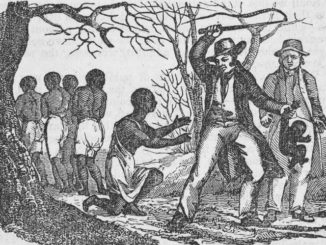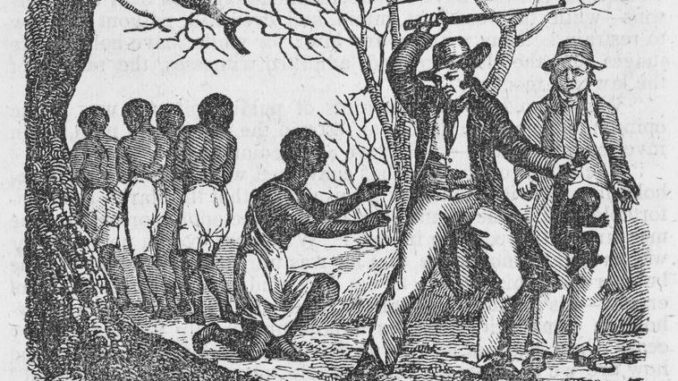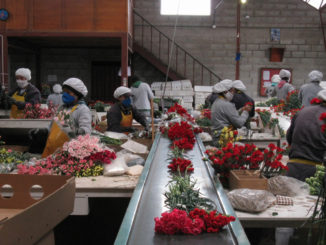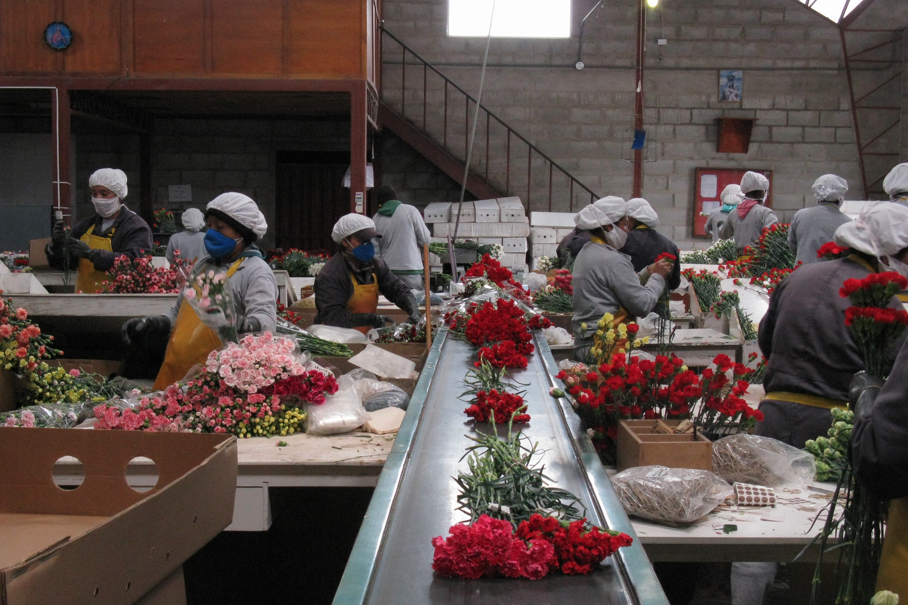Editor’s Note: This podcast was originally published by MintPress News.
The MintPress podcast “The Watchdog,” hosted by British-Iraqi hip hop artist Lowkey, closely examines organizations about which it is in the public interest to know – including intelligence, lobby, and special interest groups influencing policies that infringe on free speech and target dissent. The Watchdog goes against the grain by casting a light on stories largely ignored by the mainstream, corporate media.
On May 24, an 18-year-old gunman fatally shot 22 people at Robb Elementary School in Uvalde, Texas. Police reportedly refused to confront the killer, locked him in a room full of children, physically prevented parents from getting involved, and even allegedly rescued their own children first.
The massacre has once again brought the United States’ unique obsession with firearms to the fore, with renewed calls to ban assault rifles. But even among gun-control advocates, few realize the connections between the Second Amendment and white supremacy.
Today’s guest is Roxanne Dunbar-Ortiz. Originally from Oklahoma, Dunbar-Ortiz is a writer, historian and activist, possibly best known for her 2014 classic book, “An Indigenous Peoples’ History of the United States.” She argues that the context behind the Second Amendment is that the newly-independent United States needed “well-regulated militias” of white men to “kill Indians and take their land,” or to form slave patrols that would hunt down Black people fleeing their captivity. It was out of these slave patrols that the first police departments were formed.
Ultimately, she argues, the need for such armed militias arose from the fact that the white colonists were on recently stolen land, surrounded by hostile groups who were trying to get their land back. As she notes, it was a crime to give or sell a gun to a Native American.
An activist for over 50 years, Dunbar-Ortiz has argued that for any progress to be made, Americans must stop worshiping a 234-year-old document written by slaveholders. Today with Lowkey, she also discussed how it was that the National Rifle Association was taken over by reactionary political actors and how it came to be that the United States is a country with 4% of the world’s population but half of the world’s guns.
“The Constitution is so embedded in white supremacy that there is no way to amend it to change that. It is everywhere…This is so obvious if you just face what U.S. history is and not leave so much out,” she told Lowkey.
A revolutionary and a feminist, Dunbar-Ortiz’s life’s work has taken her across the world, including to Mexico, Cuba and Nicaragua, where she documented the U.S.-sponsored Contra War against indigenous groups. She is Professor Emerita of Ethnic Studies at California State University, East Bay. Among her other notable books include, “Loaded: A Disarming History of the Second Amendment”; “The Great Sioux Nation: Sitting in Judgment on America”; and “Not ‘a Nation of Immigrants’: Settler Colonialism, White Supremacy, and a History of Erasure and Exclusion.”
Lowkey is a British-Iraqi hip-hop artist, academic and political campaigner. As a musician, he has collaborated with the Arctic Monkeys, Wretch 32, Immortal Technique and Akala. He is a patron of Stop The War Coalition, Palestine Solidarity Campaign, the Racial Justice Network and The Peace and Justice Project, founded by Jeremy Corbyn. He has spoken and performed on platforms from the Oxford Union to the Royal Albert Hall and Glastonbury. His latest album, Soundtrack To The Struggle 2, featured Noam Chomsky and Frankie Boyle and has been streamed millions of times.





